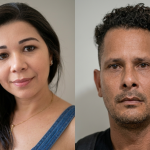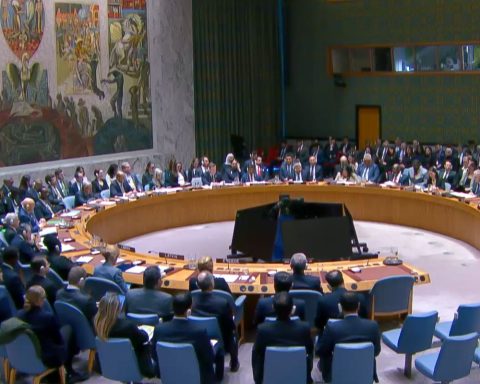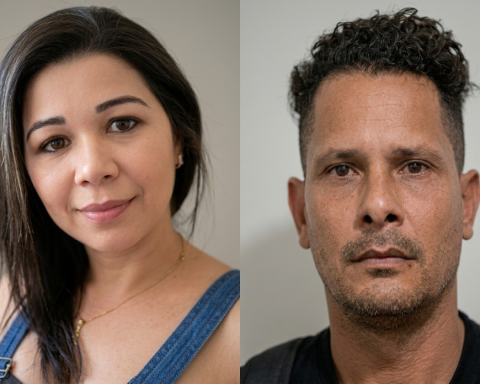More than 34,000 cases linked to aspects included in the new Family Code approved in Cuba have been presented to the courts for processing and solution during 2022.
Master Rubén Remigio Ferro, president of the People’s Supreme Court (TSP), reported that even before the approval of the text, on September 25, some people raised their conflicts before the courts, protected by the previous Code, although stimulated by the then Bill, refers to a note published by the official newspaper Granma.
The National Workshop on Judicial Processes on Family Law began this morning, a valuable opportunity to strengthen capacities for judicial activity in this area.#Cuba #JusticiaEfectivaYTransparente pic.twitter.com/OSBMXme1fV
— Ruben Remigio Ferro (@RubenRemigioCU) December 15, 2022
In his speech at a national workshop on legal proceedings on family law, he also specified that after the entry into force of the Code, the demands before the courts grew in matters related, fundamentally, to divorces, alimony, custody and care of children.
Ferro also confirmed that during this year there was growth in family matters before the courts, a trend that is expected to continue in 2023.
On the importance of the judiciary in relation to the Family Code, the jurist pondered that in ensuring the effective validity of this law there is an important part that corresponds to implement the courts, judges and other professionals participating in the processes judicial.
“The courts have the responsibility of solving, through our means, those conflicts that occur and have not found a prior solution, which would be the most convenient, but it does not always happen,” he was quoted as saying by the newspaper.
Likewise, he added that many departures in the content of the new legal norm, such as issuing authorizations on some issues or exercising certain control of compliance with its stipulations, are also the responsibility of the courts.
Regarding the importance and objective of the event of judicial processes on family law, the president of the TSP highlighted that it contributes to the preparation, in legal and affective matters, of justice professionals so that the norm “becomes a practical experience and effective in the environment of society, and that really goes beyond the simple legal pronouncement.
It meant that the implementation of the regulations represents an enormous responsibility and challenge for judges, “because you have to master the substantive and processed provisions; incorporate and capture the essences contained in the text; demonstrate intelligence and sensitivity when resolving conflicts and judicial authorizations; and study the innovations incorporated into the new legislation.
The new Family Code was the only norm submitted to a referendum among the around 70 updated or elaborated after the entry into force in 2019 of the new Constitution of the Republic of Cuba.
The regulations regulate interpersonal and family relationships, and contemplate issues that have been controversial such as equal marriage, adoption by homosexual couples and surrogate or supportive gestation, as it is named in its text.
Before its approval in Parliament, and then in a popular referendum, the proposal went through a broad consultation between last February and April in which, according to official sources, some 6.4 million people participated.

















